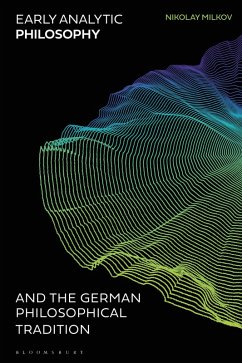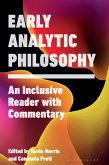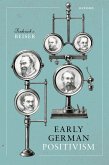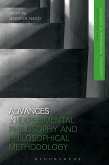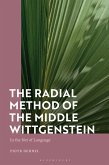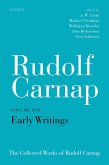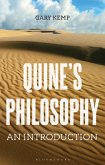This book investigates the emergence and development of early analytic philosophy and explicates the topics and concepts that were of interest to German and British philosophers. Taking into consideration a range of authors including Leibniz, Kant, Hegel, Fries, Lotze, Husserl, Moore, Russell and Wittgenstein, Nikolay Milkov shows that the same puzzles and problems were of interest within both traditions.
Showing that the particular problems and concepts that exercised the early analytic philosophers logically connect with, and in many cases hinge upon, the thinking of German philosophers, Early Analytic Philosophy and the German Philosophical Tradition introduces the Anglophone world to key concepts and thinkers within German philosophical tradition and provides a much-needed revisionist historiography of early analytic philosophy. In doing so, this book shows that the issues that preoccupied the early analytic philosophy were familiar to the most renowned figures in the German philosophical tradition, and addressed by them in profoundly original and enduringly significant ways.
Showing that the particular problems and concepts that exercised the early analytic philosophers logically connect with, and in many cases hinge upon, the thinking of German philosophers, Early Analytic Philosophy and the German Philosophical Tradition introduces the Anglophone world to key concepts and thinkers within German philosophical tradition and provides a much-needed revisionist historiography of early analytic philosophy. In doing so, this book shows that the issues that preoccupied the early analytic philosophy were familiar to the most renowned figures in the German philosophical tradition, and addressed by them in profoundly original and enduringly significant ways.

